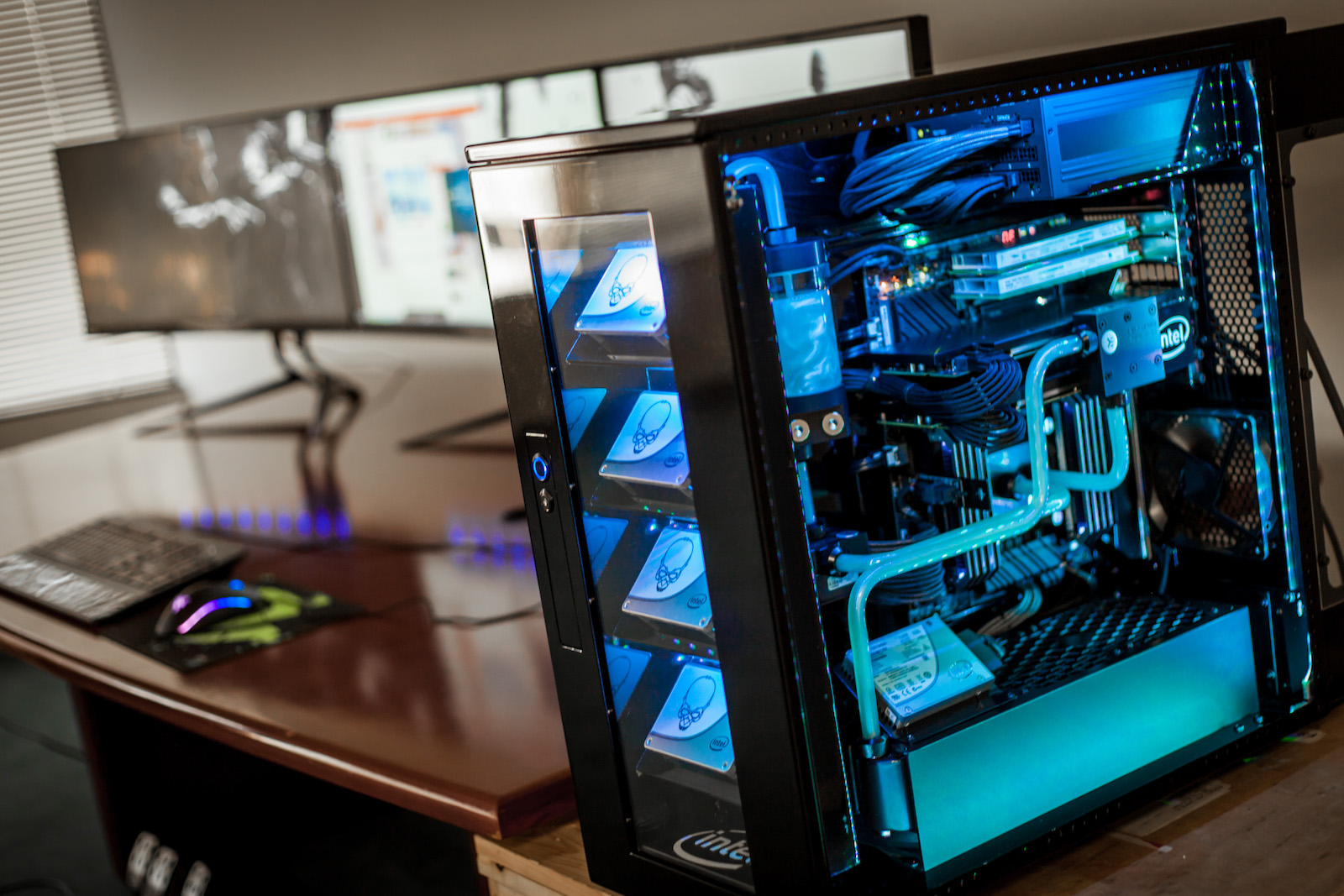The single biggest upgrade you can make to an aging PC
Bigger than a CPU, cheaper than a GPU, every PC needs it. It's time to get a SSD if you don't have one.

There are performance upgrades and then there are performance upgrades that actually yield visible performance. There have been times when I've encountered an upgrade that was so substantial, I had to do double-takes.
Take for example the day I upgraded from my 486 DX2 66MHz to a Pentium 100MHz. At that time, it seemed as though a jump in roughly 33MHz wasn't going to do much. The 486 DX2 was a solid CPU and even had an integrated math coprocessor for the extra punch in floating point calculations. But once that Pentium system turned on, man was I blown away. The jump in performance was so substantial, I found myself opening Microsoft Word and Excel just to see how instant they appeared. My own eyeballs were the benchmarks during those days.
Looking for more PC building advice? Check out our build guides:
Budget gaming PC
(~$750/£750) - A good entry-level system.
Mid-range gaming PC
(~$1,250/£1,250) - Our recommended build for most gamers.
High-end gaming PC
(~$2,000/£2,000) - Everything a gamer could want.
Extreme gaming PC
(>$3,000/£3,000) - You won the lotto and are going all-in on gaming.
Prefer to buy a prebuilt than building it yourself? Check out our guide to the Best Gaming PCs.
These days, I'm finding it more and more difficult to actually see performance improvements with my eyes—at least on a system wide scale. Sure, upgrading to a new GPU can give you that visceral experience, but not on a overall system basis. CPUs are so fast now and full of untapped potential. Heck, I even think GPUs are full of untapped potential. If every game company had their own Carmack, we'd still be running on 4 year old CPUs and GPUs.
If you have a system that's a few years old, there's still yet lots of years left in it without spending too much money. All you have to do is make sure the slowest component in the chain is as fast as it can be: your storage. If you're still running your OS off a spinning disk drive, it's time to upgrade.
There are no words to describe the monumental performance that moving from a harddrive to an SSD can yield. While there are many flavors of solid state drives to choose from, even the slowest ones are much faster than the the fastest harddrives.
The slowest SATA-based SSDs these days can do 550MB/sec read and writes, and they're all essentially really good now at random access. In contrast, a fast harddrive will barely even crack 250MB/sec in any direction.
But numbers aren't everything. You can run benchmarks all day on your last-gen Core i7 CPU against the latest Core i7-8700K CPU and not notice anything tangible on your day to day use. Replace your clunky spinner with a SSD though, and you'll witness a boost in total system performance that no other upgrade will match.
Keep up to date with the most important stories and the best deals, as picked by the PC Gamer team.
As they say, a chain is only as strong as its weakest link, and a PC's storage subsystem is the slowest part of the system. Besides, SSDs are priced reasonably enough now that not having one is inexcusable.
What if you're already using SSDs? Then it depends. If you're running on SATA SSDs, the next big upgrade for you would be to switch over to NVMe drives. Going from SATA SSD drives to NVMe SSD drives yields substantial performance, one that you'll see too, but it won't be as dramatic. Also, switching to NVMe drives might require you to gut your system board for a new one, which might then require you to upgrade your CPU.
The first time I witnessed huge leaps in performance was in 1994—the year the Pentium 100 came out. That was ages ago. Moving to SSD drives was the second time in my life that I launched Word just for kicks.
If you're looking for the best SSD for you, see our guide to The best SSD for gaming.


